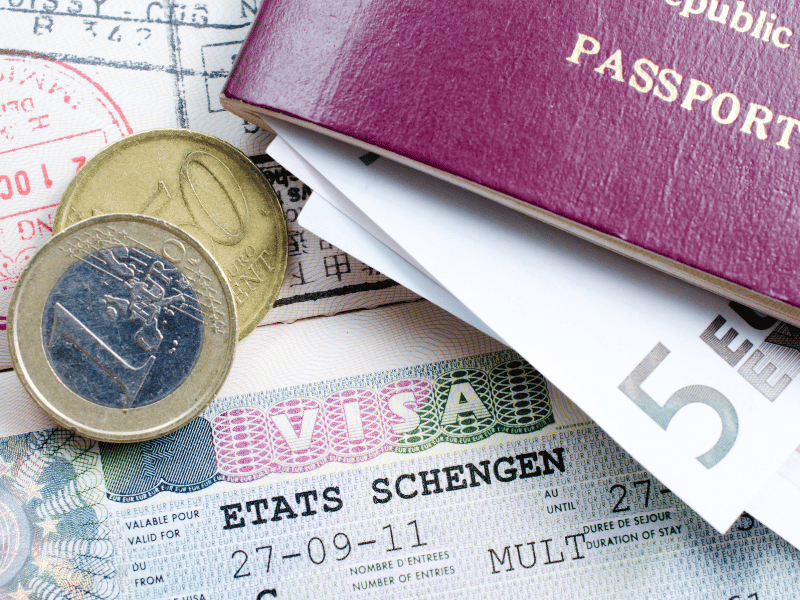The Schengen Area, a zone comprising 26 European countries, is known for its abolished passport and all other types of border control at their mutual borders. This area functions as a single jurisdiction for international travel purposes, with a common visa policy. A key element in the application process for a Schengen Visa is the National Identity Number (NIN), a unique identifier assigned to residents and citizens of various countries. In this blog post, we will delve into the importance of the National Identity Number in the context of Schengen visa applications, its implications, and the process involved.
What is a National Identity Number?
A National Identity Number is a unique number assigned to individuals by their government. It is used to track individuals for various purposes, including taxation, healthcare, and identification. The format and name of this number can vary from country to country – it’s known as the Social Security Number (SSN) in the USA, Aadhaar in India, and National Insurance Number in the UK, for example.
The Role of NIN in Schengen Visa Applications
When applying for a Schengen Visa, the applicant is required to provide their National Identity Number. This number is crucial for several reasons:
- Identity Verification: The NIN helps in verifying the identity of the applicant. It is a unique identifier that ensures the person applying for the visa is who they claim to be.
- Background Checks: Schengen authorities use the NIN to conduct background checks. This is a critical step in the visa application process, ensuring the safety and security of Schengen countries.
- Streamlining the Process: Having a standardized identifier like the NIN simplifies the visa application process for both the applicant and the authorities. It allows for quicker processing and easier retrieval of records.
How to Apply for a Schengen Visa with a National Identity Number
The process of applying for a Schengen Visa with a National Identity Number involves several steps:
- Visa Application Form: Fill out the Schengen Visa application form, which requires your NIN.
- Documentation: Along with the application form, submit the necessary documents. These typically include a valid passport, photos, travel itinerary, proof of accommodation, travel insurance, and financial statements.
- Visa Interview: Attend a visa interview at the respective embassy or consulate. Here, the NIN will be used to pull up your application and related documents.
- Visa Processing: After the interview, the visa application will be processed. The NIN plays a role in speeding up this process by allowing easy access to your records.
Importance of Accurate Information
It is crucial to provide accurate information, including the correct National Identity Number, during the visa application process. Any discrepancy or error can lead to delays or even rejection of the visa application.
Conclusion
The National Identity Number is an integral part of the Schengen Visa application process. It aids in identity verification, efficient processing, and ensures the security of the Schengen Area. Applicants must ensure that they provide accurate and up-to-date information to avoid complications in their visa application process.

